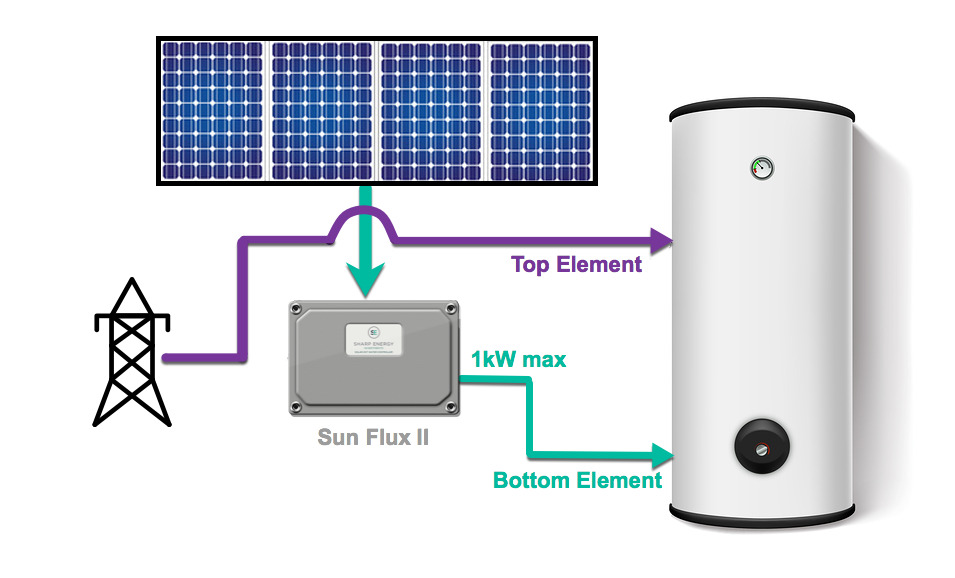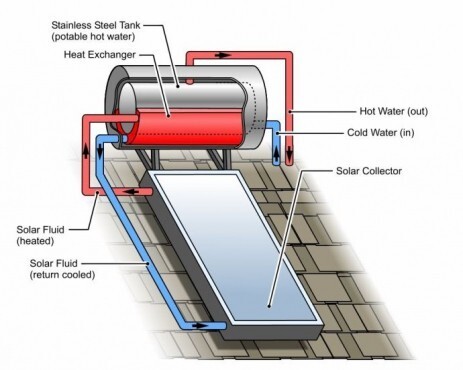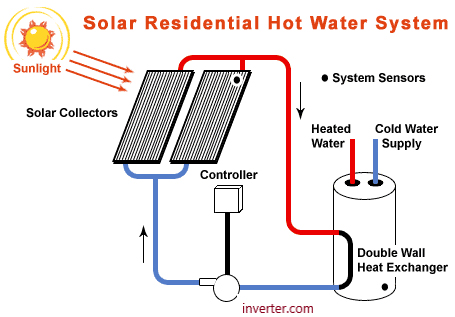Climate change and the persistent need to embrace a renewable energy future have made solar panels a central player in the global energy landscape. In addition to producing electricity, PV panels can be used as water heaters, which is an alternative way that saves on energy costs and conserves the environment. This study examines possibilities, positives and negatives of using PV solar panels for water heating and ephasizing their significance into greener world.

The Idea of Warming Water with PV Solar Panels
In the past, solar water heating systems relied on solar thermal collectors that converted sunlight directly into heat. However, it is also possible to use PV solar panels to warm water through a slightly divergent mechanism. The PV panel electricity can be used to run electric water heaters that warm up the water. The ingenuity behind this approach lies in the fact that PV panels are multi-purpose; they generate power for general use and heat up water as well.

Why to Use Photovoltaic Solar Panels for Water Heating
- Renewable and Sustainable Energy Source: PV solar panels use sunlight, an energy source that is renewable and never gets depleted. By making use of solar energy to heat water, households and firms can reduce their reliance on fossil fuels hence reducing their greenhouse gas emissions.
- Savings: Although the price of installing a PV solar panel system may be high at first, the long-term savings are considerable. Once they have been installed, PV systems require very little attention and can generate free electricity for many years. When using PV panels for heating water, one can save on electric bills significantly, particularly in areas with expensive power or abundant sunshine.
- Energy Independence: The utilization of PV solar panels for the heating of water reduces reliance on grid electricity hence leading to energy independence. This is especially advantageous in remote places or when there are blackouts which make conventional sources of energy unreliable or inaccessible.
- Flexibility and Interfacing: Through photovoltaic solar panels, these units have been made so that they can be seamlessly integrated into existing designs within homes as well as in other commercial buildings you will think about. These could also partner other forms of renewable energy such as wind or geothermal power to create an all-encompassing resilient power solution that’s more complete.

Challenges and Considerations
- Initial Cost and Installation: The beginning price of PV solar panels, including inverters and electric water heaters, may cause budget constraints for some consumers. Besides, installation needs expertise thereby adding to the overall cost.
- Efficiency Variations: The efficiency of PV solar panels in heating water can differ depending on the climate, geographical location among others. In cases with little sunlight or during overcast days, energy produced might not supply all domestic hot water requirements.
- Storage and Backup Systems: For continuous supply of hot water especially during seasons with low sunlight storage systems or backup heaters may be necessary. These extra components can increase the complexity as well as the cost of the system.
- Technological Advancements: Although PV solar panel-based water heating technology is still evolving, current research efforts will provide solutions for many existing challenges in this field. Improvements in PV panel efficacy, energy storage innovations also system integration shall further increase its practicality.
Heating water using PV-solar panels is an emerging clean approach to conventional methods of water heating which are promising. It is a matter of tapping into the vast energy resources available from it.








